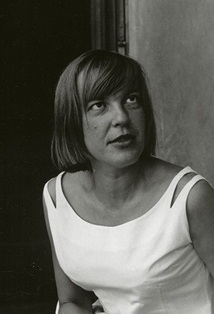
Ingeborg Bachmann was an Austrian poet and author. She is regarded as one of the major voices of German-language literature in the 20th century. In 1963, she was nominated for the Nobel Prize in Literature by German philologist Harald Patzer.
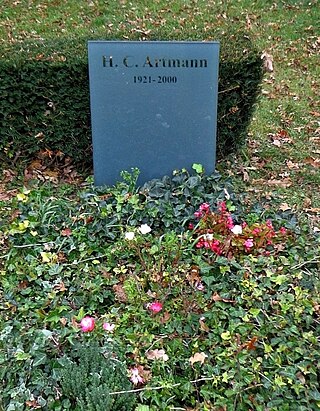
Hans Carl Artmann, also known as Ib Hansen, was an Austrian poet and writer, most popular for his early poems written in Viennese, which however, never after were to be the focus of his oeuvre.

Franz Carl Heimito, Ritter von Doderer, known as Heimito von Doderer, was an Austrian writer.

Nicolaas Thomas Bernhard was an Austrian novelist, playwright, poet and polemicist who is considered one of the most important German-language authors of the postwar era. He explored themes of death, isolation, obsession and illness in controversial literature that was pessimistic about the human condition and highly critical of post-war Austrian and European culture. He developed a distinctive prose style often featuring multiple perspectives on characters and events, idiosyncratic vocabulary and punctuation, and long monologues by protagonists on the verge of insanity.

Robert Menasse is an Austrian writer.
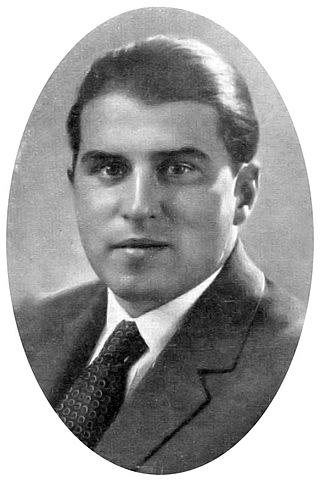
Carl Zuckmayer was a German writer and playwright. His older brother was the pedagogue, composer, conductor, and pianist Eduard Zuckmayer.
Austrian literature is mostly written in German, and is closely connected with German literature.
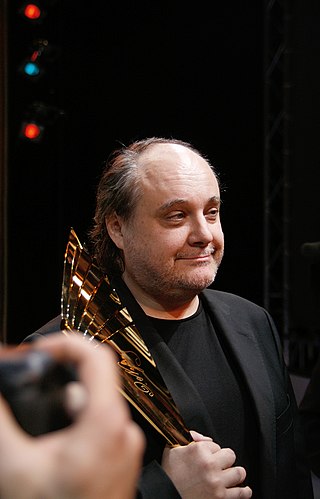
Paulus Manker is an Austrian film director and actor, as well as an author and screenplay writer.
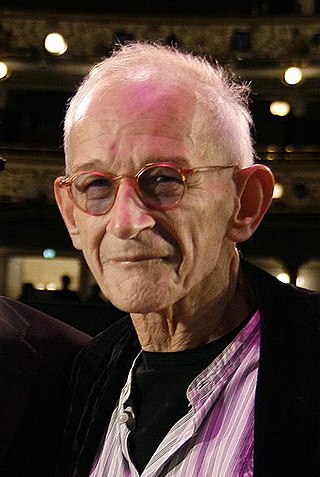
Gert Friedrich Jonke was an Austrian poet, playwright and novelist.

Josef Weinheber was an Austrian lyric poet, narrative writer and essayist.

Klaus Ebner is an Austrian writer, essayist, poet, and translator. Born and raised in Vienna, he began writing at an early age. He started submitting stories to magazines in the 1980s, and also published articles and books on software topics after 1989. Ebner's poetry is written in German and Catalan; he also translates French and Catalan literature into German. He is a member of several Austrian writers associations, including the Grazer Autorenversammlung.
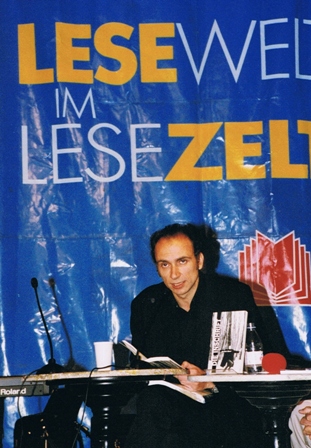
Dimitré Dinev is a Bulgarian-born Austrian writer. He is best known for his play Kozha i nebe, which controversially won the Askeer prize in 2007.
Franz Rosei is an Austrian sculptor and draughtsman. His brother is the writer Peter Rosei.
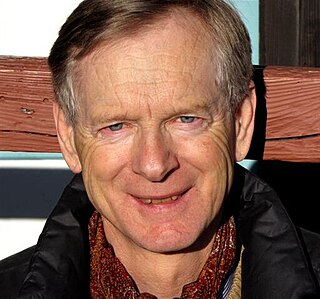
Walter Kappacher was an Austrian writer. In 2009 he was awarded the Georg Büchner Prize.

Jörg Mauthe (1924–1986) was an Austrian writer, journalist and broadcasting executive. For some years he was prominent in the city politics of Vienna.
Doris Mühringer was an Austrian poet, short story writer, and children's writer. She has received a number of awards, and her contributions to Austrian poetry, which both are considered particularly significant.

Christine Haidegger was an Austrian poet and writer whose memoir Zum Fenster hinaus was translated into English as Mama Dear. She was influential in the Salzburg literary scene.

Bettina Balàka is an Austrian novelist, poet, essayist, playwright and short story writer. Recent novels include Eisflüstern, Kassiopeia (2010) and Unter Menschen.

Robert Schneider is an Austrian writer, who published novels including Schlafes Bruder, texts for the theatre, and poetry. His works have been translated into many languages. Schlafes Bruder became the basis of a film, a ballet, an opera and several plays, and received international awards. Schneider withdrew from writing in 2007.
Gertrud Fussenegger was an Austrian writer and a prolific author, especially of historical novels. Many commentators felt that her reputation never entirely escaped from the shadow cast by her enthusiasm, as a young woman, for National Socialism.
















